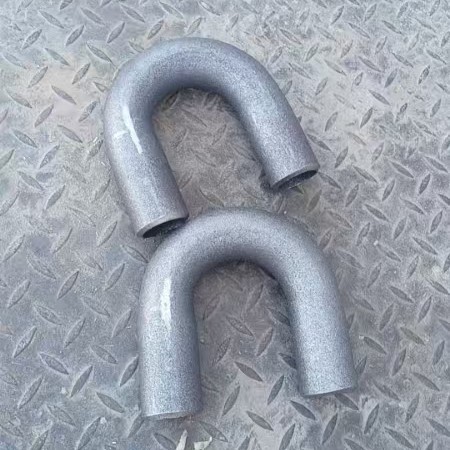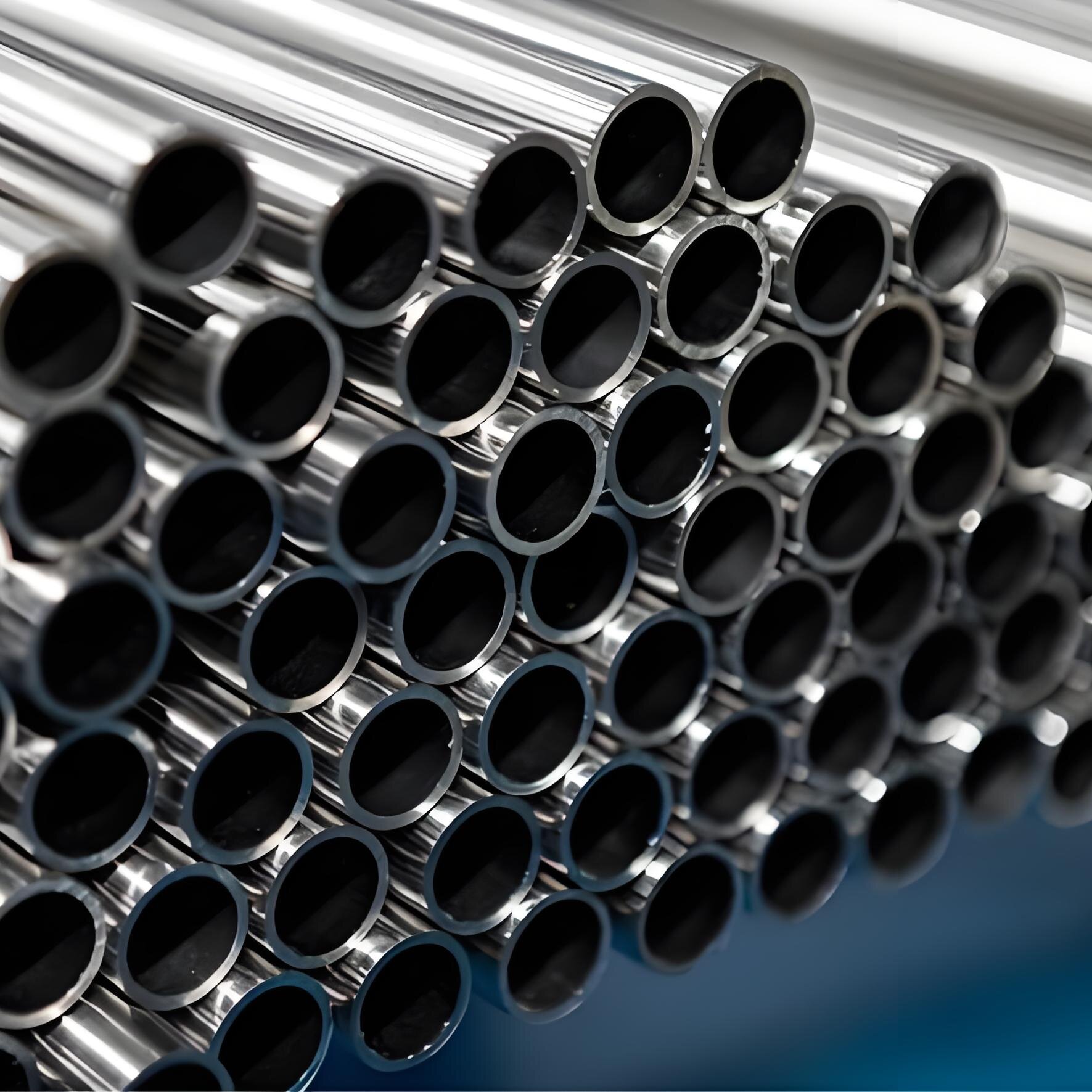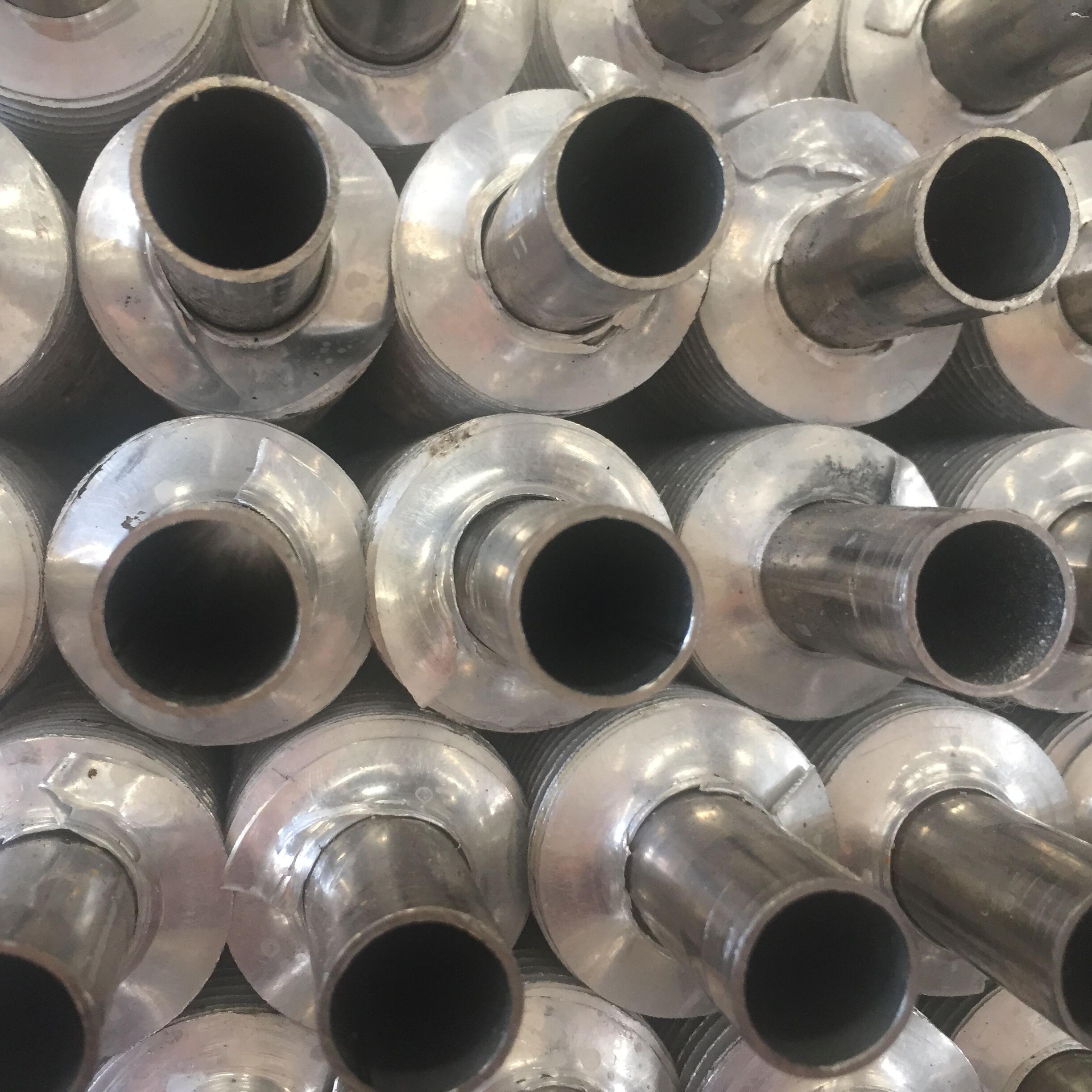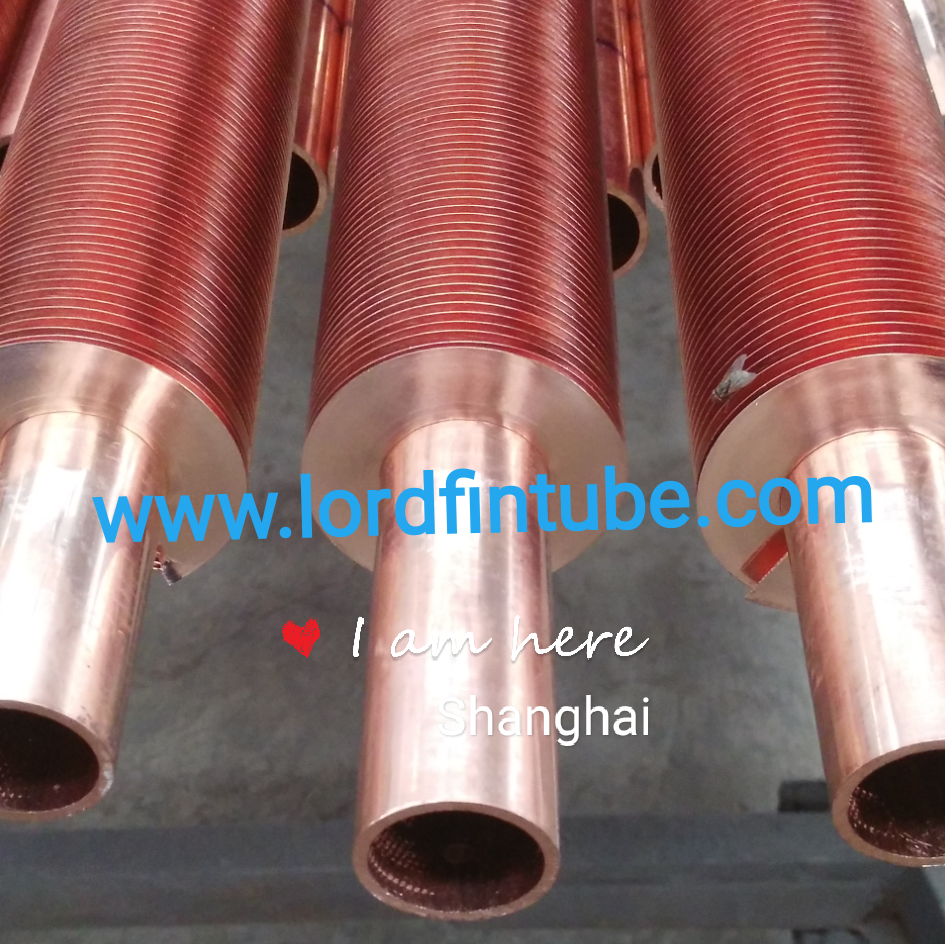South Korean Finned Tube Manufacturers
Korean fin tube makers have reliable quality but high costs and slow delivery. Chinese manufacturers now offer equal quality with better value and speed.
read more
What are the components of a heat exchanger tube bundle?
A complete heat exchanger tube bundle consists of core components such as tube sheets, steel tubes, and baffle plates. We precision-manufacture each tube bundle to ensure high efficiency and stability. This article explains the tube bundle parts.
read more
ASTM A192 Elbow|ASTM A192 U Bends
ASTM A192 elbows are seamless carbon steel fittings used in high-pressure boiler systems. Sunny Steel offers elbows with 90/45/180 degrees, LR/SR/U Bend
read more
What is the NACE MR0175 Standard and the requirements for steel tubes resistant to SSC?
Challenges with material cracking in H₂S environments? This article explains the NACE MR0175 standard, covering SSC/HIC resistance evaluation, hardness control, and material certification, unveiling the logic behind cracking resistance.
read more
Corrosion Resistant Nickel Alloy Pipe | Inconel, Hastelloy, Monel
supplies ASTM/ASME standard corrosion-resistant nickel alloy pipes, including Inconel 625, Hastelloy C276, Monel 400, and more. Ideal for chemical, marine, energy, and pharmaceutical industries. Get material certification and technical support.
read more
ASTM B111 C44300 Naval Brass Tube in Stock
For urgent corrosion-resistant brass tubes needs, we have ASTM B111 C44300 Naval Brass Tubes in stock. No more anxious delivery! High-performance alloy designed to withstand corrosion from seawater and chemical media.
read more
The Advantage of U-Bend Low-Finned Tubes in Heat Exchanger
Explore the engineering advantages of U-bend low-finned tubes. Let us konw how they manage thermal expansion, reduce fouling, and maximize performance in compact heat exchangers for HVAC, refrigeration, and chemical processing.
read more
Difference between JIS H3300 and ASTM B111
JIS H3300 vs ASTM B111: Copper Alloy Tube Standards Comparison. Copper alloy heat exchanger tubes are precision seamless tubes specifically designed for manufacturing heat exchangers.
read more
Finned Tube Produce Standards
Finned tube standards serve as the foundation for designing, manufacturing, and operating efficient and reliable heat transfer systems across industries.
read more
Engineers Deep Dive into the Superiority of Laser-Welded Finned Tubes
Our in-depth engineering analysis explores how laser technology eliminates thermal barriers, enhances durability, and boosts heat exchanger efficiency beyond traditional methods. Solve your design challenges.
read more
Why Copper Fin Tubes Outperform Alternatives
Discover why copper fin tubes outperform aluminum in critical applications. Expert guide for engineers on thermal efficiency, corrosion resistance, longevity, and real-world performance metrics.
read more
What is the function of the tube clamp in the finned tube?
In finned tube heat exchangers often focuses on tube material, fin type, or thermal efficiency. The isolation ring is suitable for aluminum finned tube, extruded finned tube and L/LL/KL finned tube, and is most commonly used in G-based finned tube.
read more













